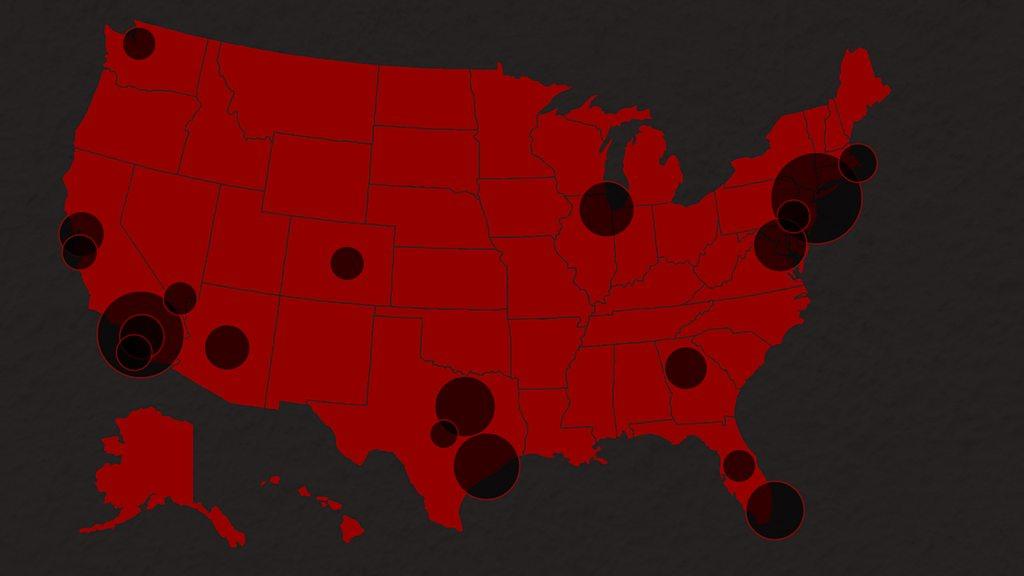Supreme Court Daca ruling: 'This means continuing to live the American dream'
- Published
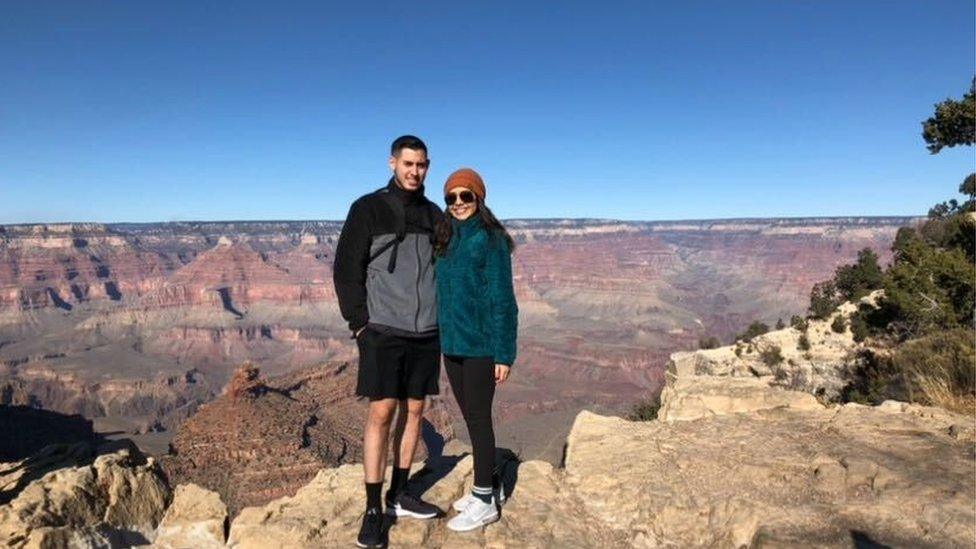
The US Supreme Court has declared that an attempt by the Trump administration to end a programme to protect young undocumented immigrants is "unlawful".
Here, young people whose lives and livelihoods in the US have been protected by the Obama-era Deferred Action on Childhood Arrivals (Daca) policy tell the BBC's Angelica Casas what the ruling means for them.
Sergio Roel, 25 - Auditor, San Antonio, Texas
Daca means continuing to live the American dream.
[The court decision] is sort of overwhelming. It feels just. They made the right decision here on a human level. It's been a battle for years for many people who have been under the Daca umbrella. This has allowed people to be able to stay and get an education here - something that would not have been possible in another country.
We came to the US in 1999 when I was five and my parents did it to give their children an opportunity for a better life. They had to kiss their family goodbye and depart with the fear of the unknown. All they knew was that this country could provide better opportunities for us.
In 2012, I was getting ready to graduate high school. It was scary because universities ask you for your social security and status here and I didn't know if I would be able to pursue my education. When Obama passed Daca, it happened at a perfect time [for me] - a "clutch" time, I would call it.
But under the Trump Administration, we were fearful that we could fall back to an undocumented status. That could mean losing our jobs, having to work under the table or risk being deported.
Unfortunately, my parents are still undocumented and we live in that fear daily. We're scared that the next time my dad forgets to put his blinker to make a turn driving, it will be his last moment in the United States.
Thankfully, I am married now to a US citizen and we are at the very last step in making me a resident. It's very overwhelming the fact that maybe this time next year, I will be a US resident. But I feel for those who will be left behind and have to lean on Daca for much longer.

Jennifer Rubio, 24 - Nurse, Oklahoma City, Oklahoma
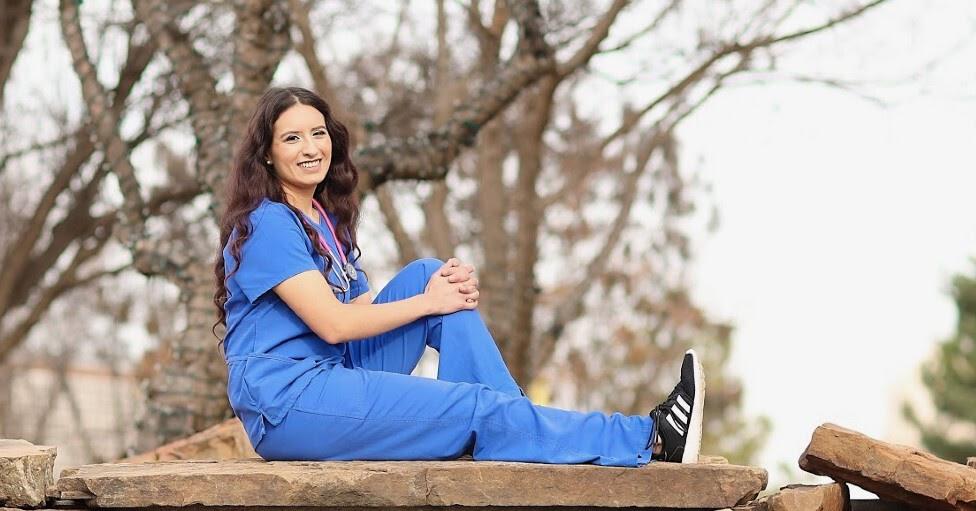
I just woke up. My phone blew up with the news.
I kind of feel surprised and relieved at the same time. Honestly, I did not think they were going to rule on that case today and I did not think they were going to rule in our favour.
I feel like that the pandemic helped… something good came out of it. I think that made them [the justices] realise a little bit 'we can't end this right now' because there are too many people, especially working in the medical field, and 'we don't want to take those people away'.
I will continue helping a non-profit so they continue taking applications so new people can get this opportunity. When people come together, you can make change.
When Trump started saying that they were going to end Daca, I was really anxious but then nothing happened. I kind of learned to go with it and see what happens.

Metzli Sanchez, 23 - Legal assistant, Round Rock, Texas
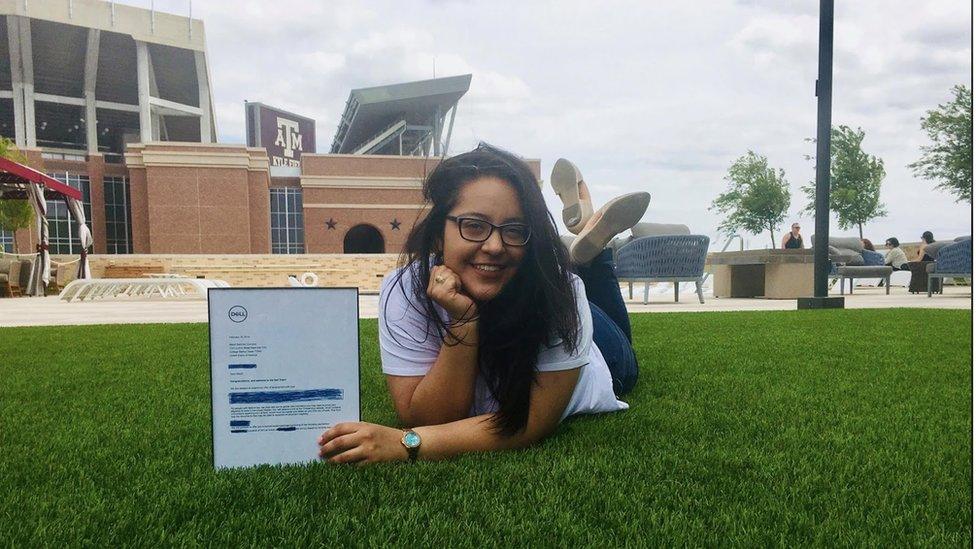
I was not expecting this at all - I was expecting the decision for Monday. It came as a surprise but a good surprise.
I'm extremely numb. When you're dealing with something like this for over a couple of years now, I've trained my body to hope for the best and expect the worst. As big as this is, I'm a bit numb and a bit tired as well.
As big of a victory that this is, we have to keep applying pressure. We have to keep fighting for other people who are just as able and capable, but who do not have this protection. We're fighting for breadcrumbs right now.
We don't have to have a sob story to prove we are worthy of being in this country either. As proud as we are of our roots, the United States is our home. Everything hurts right now. As happy I am for this ruling, I'm still going to fight for other causes, like Black Lives Matter, too.
I arrived in the US when I was two years old. Throughout my entire childhood I never understood what it meant to be an immigrant or undocumented. I didn't even know I was undocumented. My dad would tell me that any time anyone would ask, to tell them I was born here. It wasn't until I met with a lawyer my parents set up that I realised I was undocumented.
This is the best advice that I've gotten from my lawyer - Daca is just a temporary solution. As long as you can, just keep working. I worked at Dell for about a year and now I'm a case manager for a law firm. I'm up to reapply for Daca in January.
I graduated from Texas A&M University in 2019. I want to go to law school, but when you have Daca, it's really hard to plan for the next five years.

Juana Guzman, 28 - Immigration activist, Fort Worth, Texas
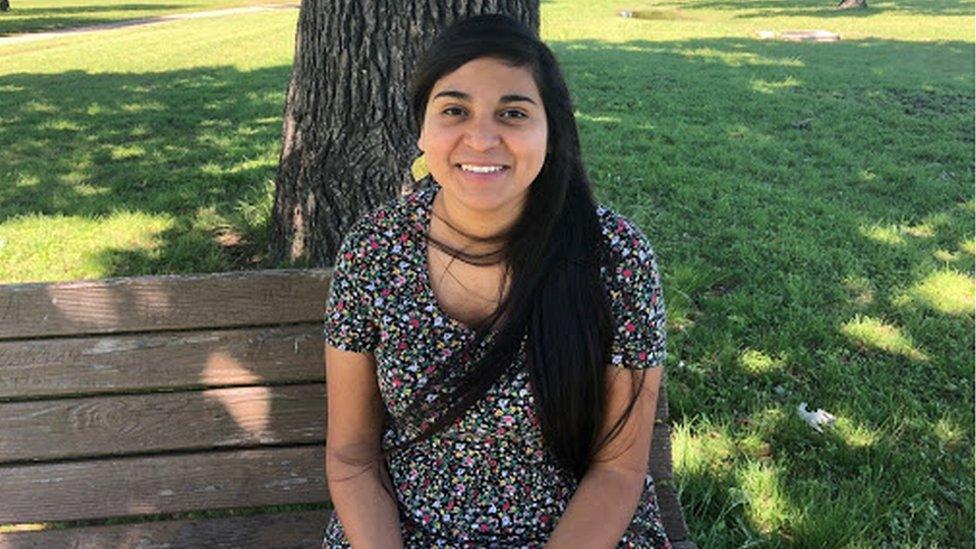
I think I'm still in shock. A lot of us were not expecting this. It's a very needed win, and this is giving us the fuel we needed to continue moving forward and to keep fighting for the rest of our families and the community that does not have Daca.
I was born in Mexico and came when I was nine years old. I live in a mixed status family - not all of us are undocumented. We can't just say Daca is enough because we have others we feel for, like my family members who have nothing at all.
It's definitely a roller coaster but we have learned that no matter what happens, whether we are on a high or low, the only way we will get through is by being a community.
I pull from the strength that my parents have, because they've been living here [in the US] for longer than in Mexico and don't have Daca. I want to put up a fight, I'm not going to go back to somewhere that isn't home.
This is a much needed win and even though it means a lot, it's not everything, but it will give us strength to continue to fight and unite forces with other people fighting to defund the police or with Black Lives Matter. We all face a lot of the same oppressive systems and I'm looking forward to the unity that will come from this.
Where do America's undocumented immigrants live?
- Published14 May 2020
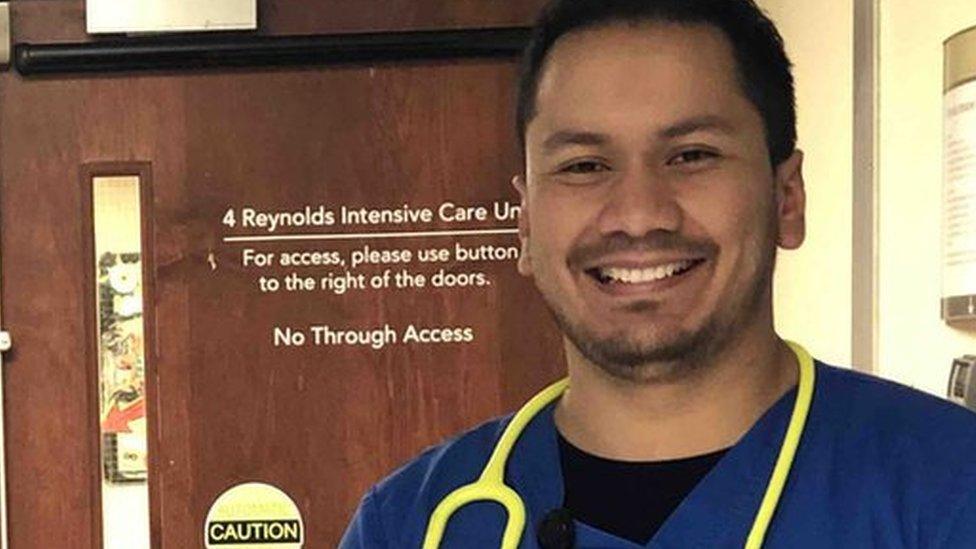
- Published18 June 2020
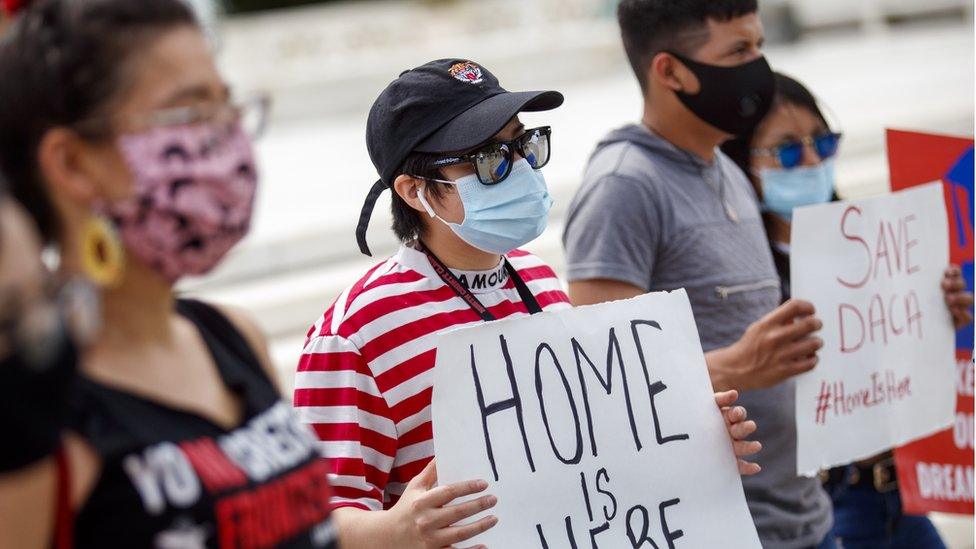
- Published18 June 2020
- Published25 January 2018
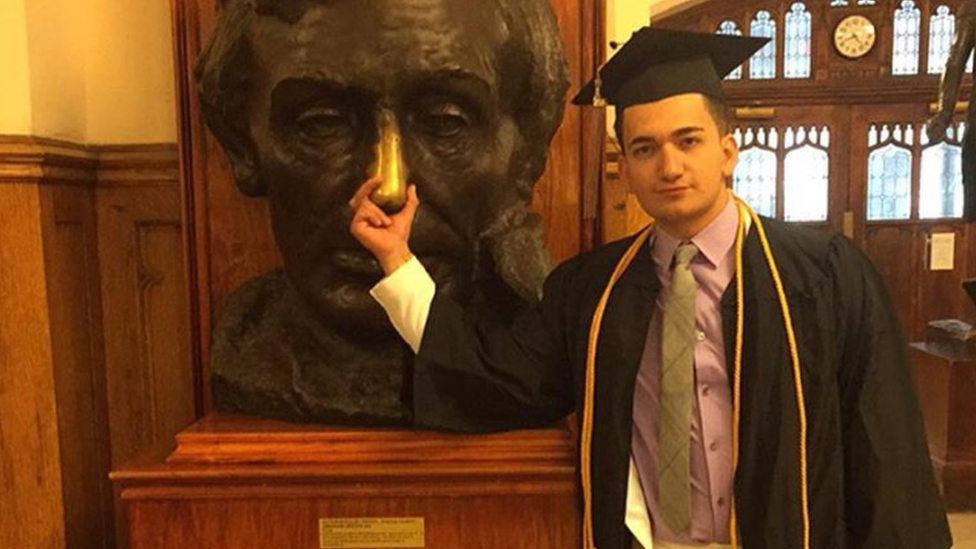
- Published9 February 2017
